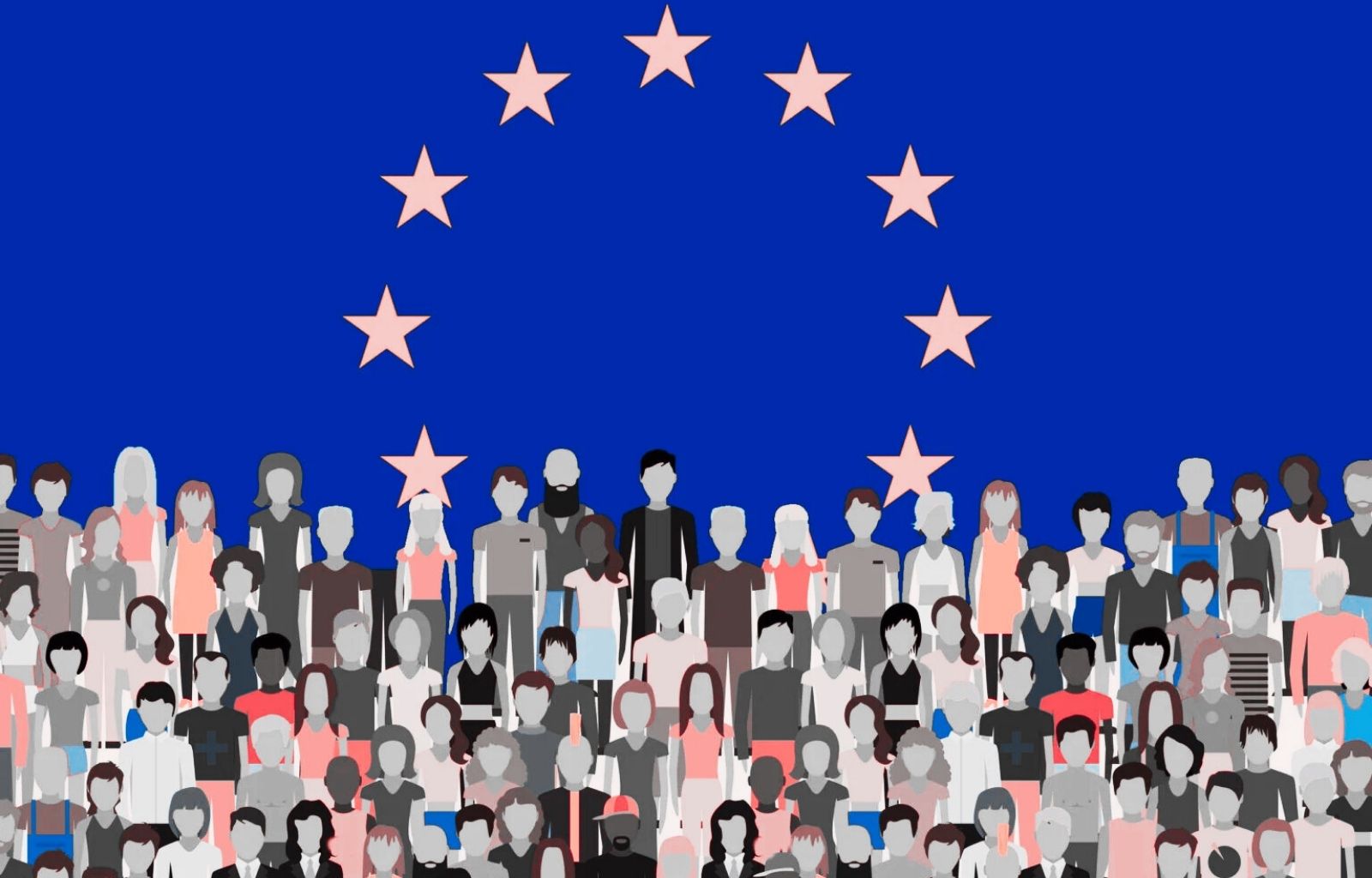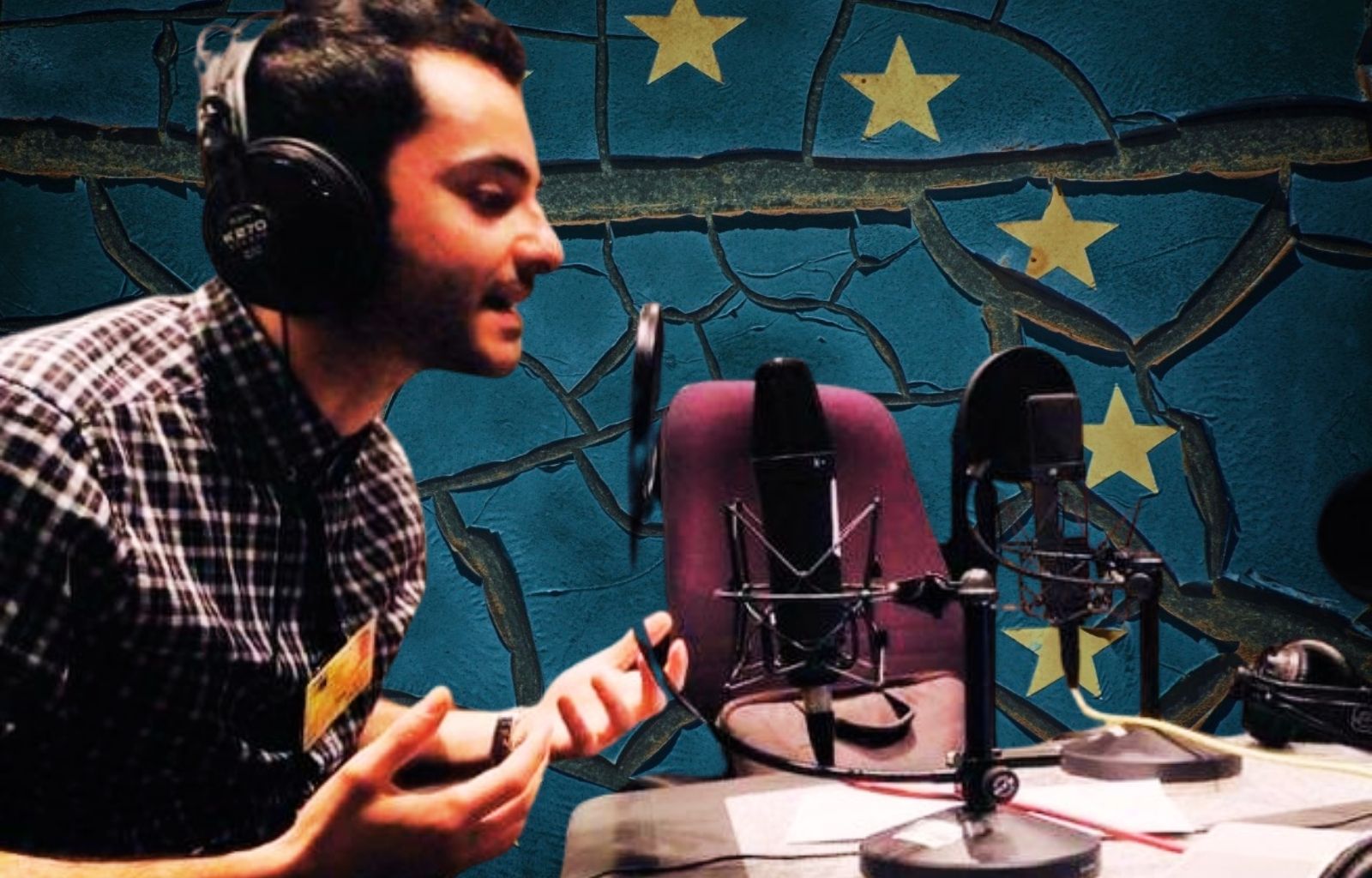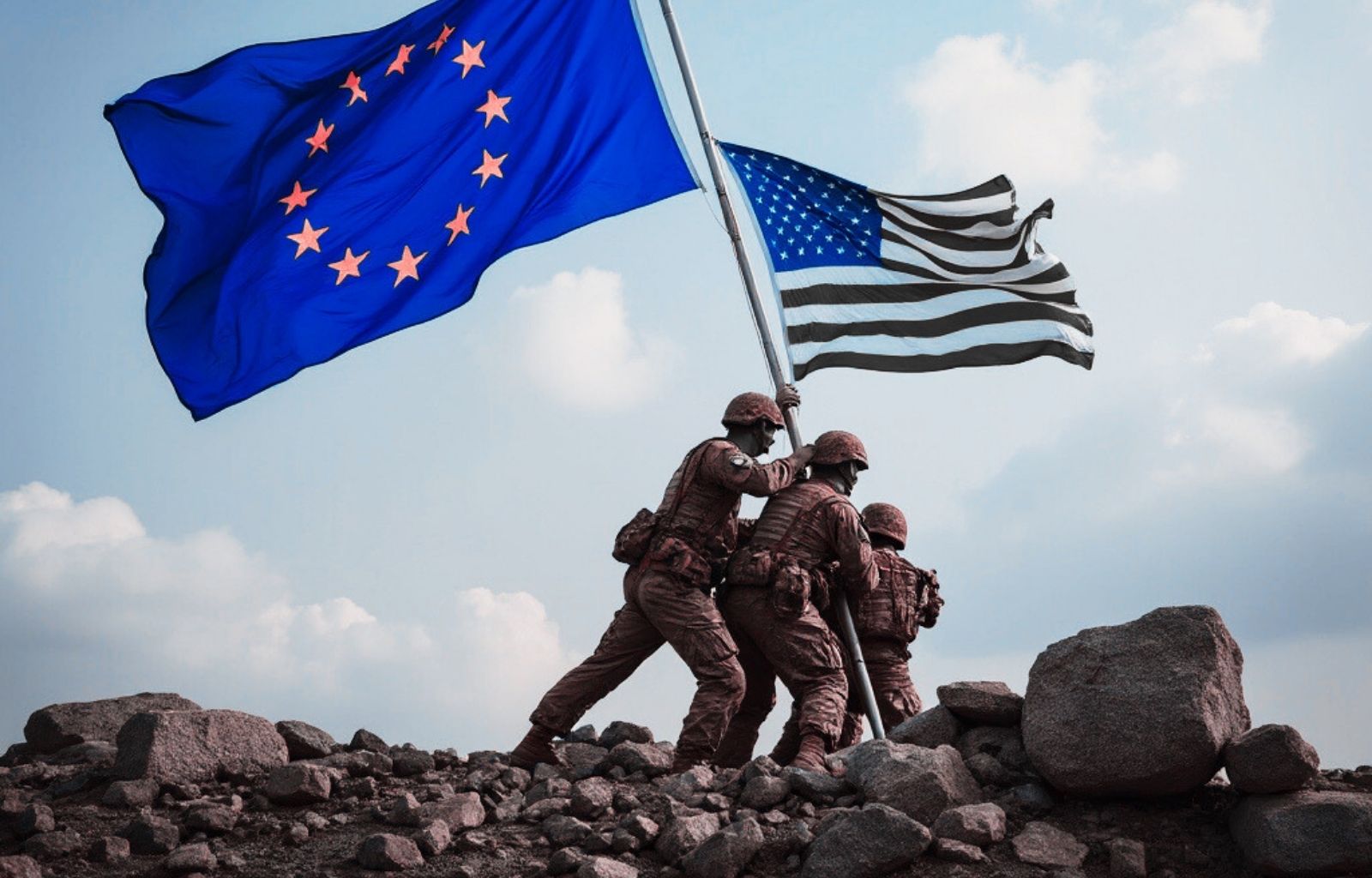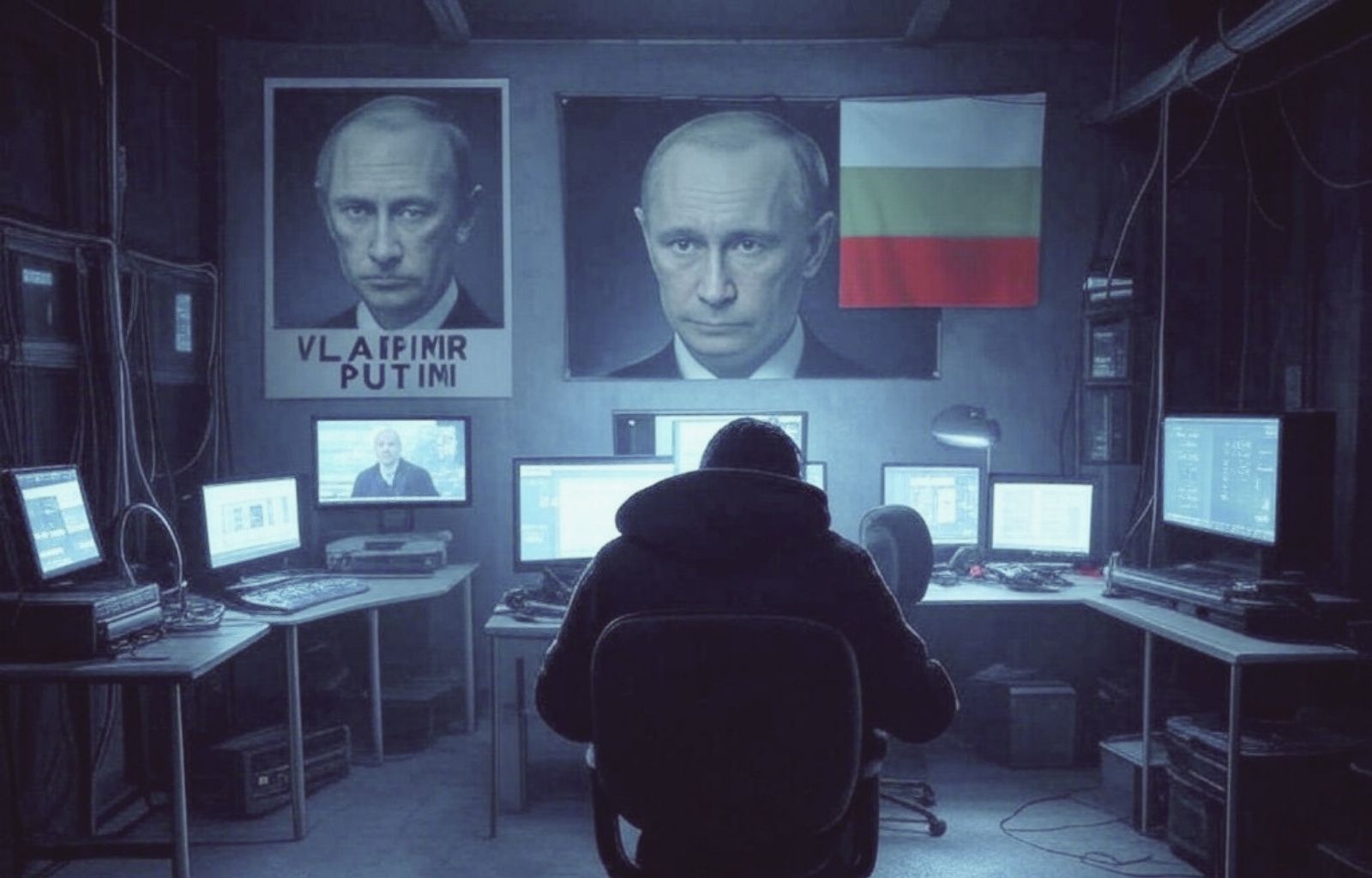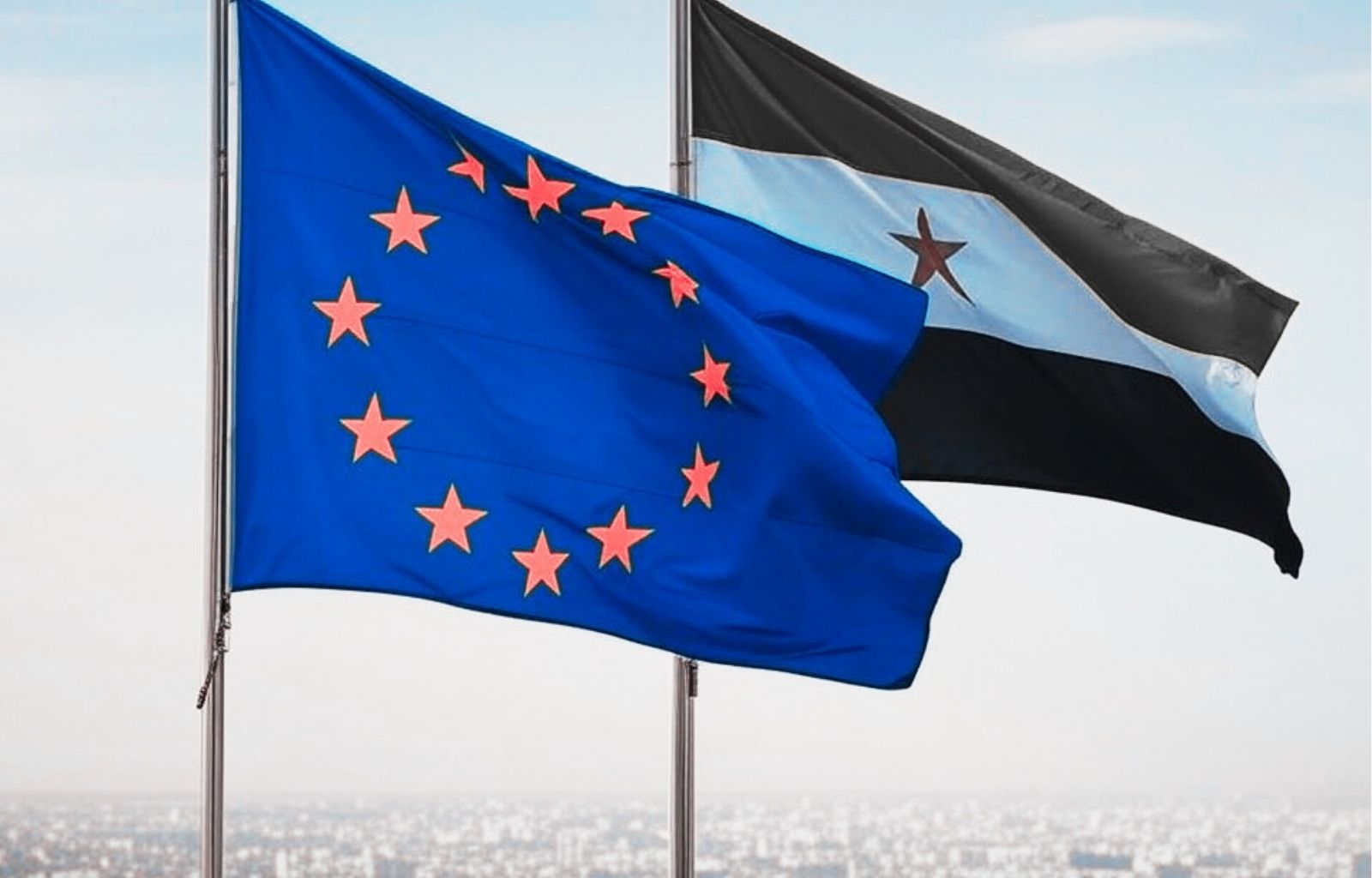Georgia, the urgency of Western support: our interview with Terje Helland
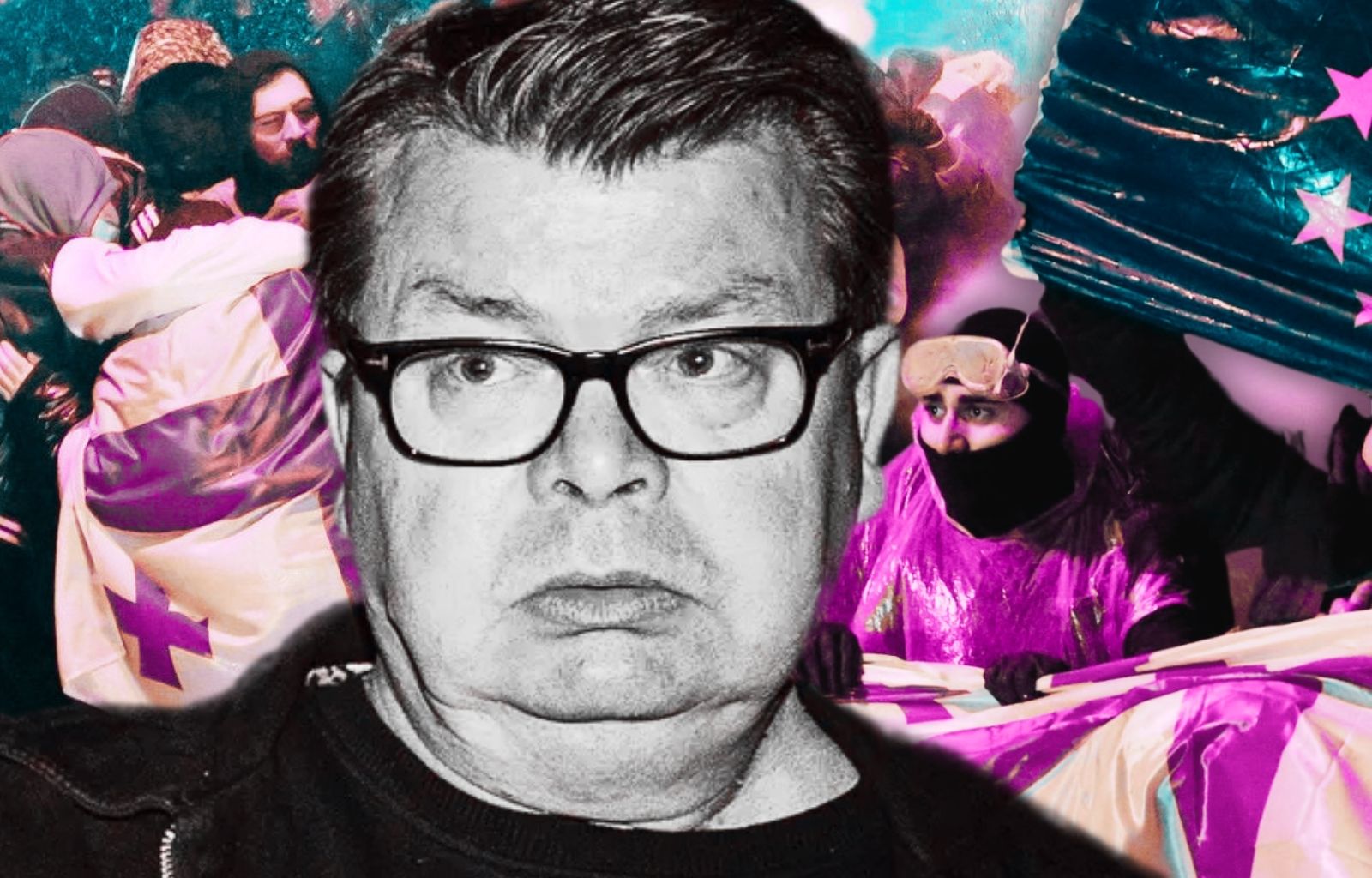
Terje Helland, an External Advisor at the European Neighborhood Council in Brussels, is emerging as a prominent figure in Europe when it comes to Georgia’s political crisis. Through interviews with media outlets like Georgia Today and his outspoken observations on social networks, Helland has offered incisive critiques of the ruling Georgian Dream party, an assessment of Russia’s strategy in Georgia, and insights into the role of former President Mikheil Saakashvili.
L’Europeista has asked Helland a few questions to help our readers better understand the Georgian situation. His answers highlights the urgent need for Western democracies to support Georgia’s pro-democracy forces and prevent the country’s slide into autocracy.
A Trojan horse against democracy
In an interview with Georgia Today, Helland described Georgian Dream as a “Trojan horse” that has systematically undermined Georgia’s pro-Western aspirations while publicly claiming to support them. He argues that the party, under the leadership of Bidzina Ivanishvili, has attempted to balance contradictory goals: presenting itself as pro-European while actively obstructing Georgia’s path toward EU integration. As Helland explained:
“My theory is that Georgian Dream has essentially been a Trojan horse, working to steer Georgia away from the Western path, which the majority of Georgians support. Ivanishvili has tried to ride two horses, claiming to support EU integration while simultaneously working against it”.
This duplicity became evident when the European Union announced its intention to open accession talks in December 2023. Helland believes this announcement caused Georgian Dream to panic, fearing a loss of their grip on power. In response, the government revived the controversial Foreign Agents bill and pursued anti-LGBTQ legislation, effectively alienating Georgia from the EU. “These moves – Helland comments to us – can be seen as deliberate efforts to sabotage EU integration, which enjoys widespread support among the Georgian public”.
Western hesitation: a critical error
Helland has also used his social media platforms to critique Western democracies for their hesitant and cautious approach to addressing the Georgian crisis. He has emphasized that delays in imposing sanctions and issuing firm responses to Georgian Dream’s actions effectively enable the ruling party to consolidate power. In one of his most pointed statements online, Helland declared:
“The West’s hesitation in responding to the crisis in Georgia is a grave mistake. The dynamics on the ground are clear: Protesters are fighting against a regime that has captured every institution. They have no allies left within the system—only the hope of Western support. The longer the West waits, the more time Georgian Dream has to crush resistance, consolidate power, and complete its state takeover”.
For Helland, these delays amount to tacit support for Georgian Dream’s authoritarian agenda, undermining the credibility of the West’s commitment to democratic principles.
Russia’s Role: the hybrid threat
In an exclusive discussion with L’Europeista, Helland downplayed the likelihood of direct military aggression by Russia in Georgia, noting that the Kremlin is overstretched due to its war in Ukraine and other global commitments like Syria. However, he emphasized the Kremlin’s reliance on hybrid warfare tactics:
“We should not underestimate Russia’s use of hybrid warfare—a strategy that combines disinformation, economic leverage, and direct or indirect proxies. In Georgia, this could include so-called ‘tituski’—organized civilian groups or provocateurs—that might be used to stoke unrest or escalate tensions under a veneer of plausible deniability”.
Helland provided detailed information about Russia’s military presence in the occupied territories. According to him, there are approximately 4,500 troops stationed in Abkhazia and 3,500 troops in Tskhinvali region (South Ossetia), primarily at military bases supported by armored units, artillery, and air defense systems. While he noted that these forces maintain stability in these regions, their presence ensures continuous pressure on Tbilisi and serves as a tool for political manipulation and disinformation.
The Saakashvili Factor
When asked by L’Europeista about the role of former Georgian President Mikheil Saakashvili, Helland described him as a polarizing but significant figure in Georgian politics. He acknowledged Saakashvili’s legacy as a reformer who modernized the state and set Georgia on a Western-oriented path, but also recognized the controversies surrounding his later years in power:
“For many, Saakashvili is a heroic reformer who dragged Georgia out of the corruption and dysfunction of the 1990s. However, his final years in power were marred by accusations of authoritarian tendencies, overreach, and problematic governance”.
Despite his imprisonment, Saakashvili remains a symbolic rallying point for the opposition, particularly within the United National Movement (UNM), which he founded. Helland emphasized his enduring influence:
“While Saakashvili’s polarizing nature limits his appeal to certain segments of the Georgian population, his influence within the opposition—and his international profile—ensures that he remains a key figure in Georgian politics”.
Saakashvili’s plight, according to Helland, has drawn significant international attention, with many Western observers calling for his release on humanitarian and legal grounds. Helland also noted that Saakashvili’s role as both a symbol and a political actor continues to shape Georgia’s opposition movement.
Call for immediate action
Helland has consistently argued, both in interviews and online, that urgency is essential to prevent Georgia from sliding further into autocracy and falling under Russian influence. He has called for targeted sanctions against Georgian Dream’s leadership and unequivocal support for the country’s pro-democracy forces.
“Pro-Western forces in Georgia cannot hold out indefinitely, – Helland underlines – they need targeted sanctions and unequivocal support now. If the West truly believes in democracy, it must act decisively—or risk losing Georgia to autocracy and Russian influence forever”.
A turning point for Georgia and the West
Helland’s analysis paints a dire picture of Georgia’s political future if current trends continue. Georgian Dream’s actions, he contends, are a betrayal of the country’s democratic aspirations and a gift to autocratic forces, both domestically and regionally. However, Helland also stresses that the EU and other Western institutions bear a significant share of responsibility. Their hesitation to hold Georgian Dream accountable and their failure to deliver timely support to pro-democracy forces could result in Georgia’s permanent drift away from the West.
In his comments to L’Europeista, Helland underscored that the stakes could not be higher: Georgia’s democratic survival and its Euro-Atlantic ambitions are at risk. For him, the consequences of Western inaction could reverberate far beyond the country’s borders. The time for decisive action, Helland insists, is now.


